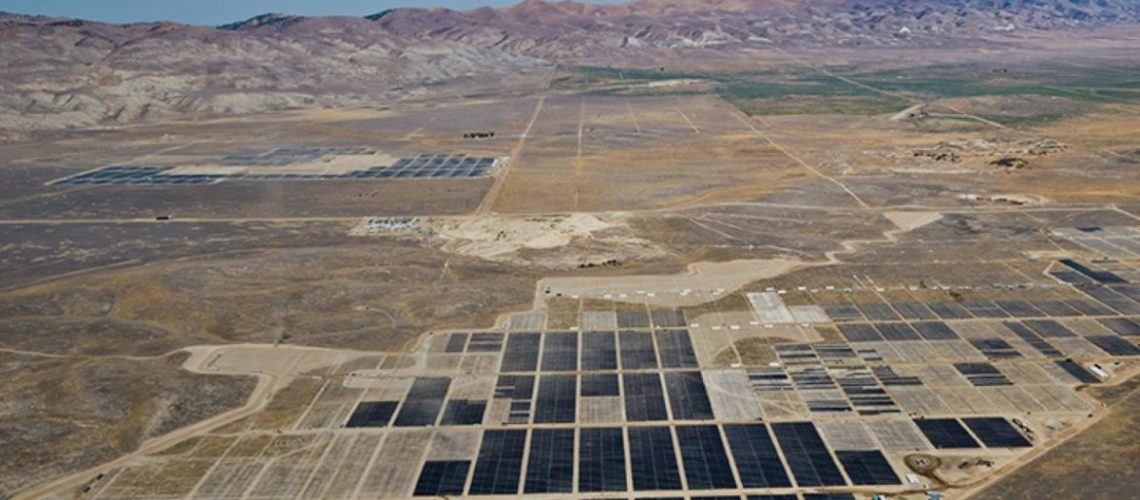Multiple agencies, including the U.S. Army Corps of Engineers and the Secretary of the Interior, which oversees the Bureau of Land Management, have halted approvals for wind and solar projects on federal land and in federally regulated areas.
Multiple federal agencies are no longer moving forward with certain development tasks associated with ground-based solar power projects that require federal land access or approvals.
As part of Trump’s Day 1 activities, the administration instituted a broad pause on Inflation Reduction Act (IRA) funding. This move affected programs seeking federal loans or cash grants, including the Solar for All program. However, several legal opinions suggest these executive orders will not affect the IRA’s tax credits.
On Jan. 20, the Secretary of the Interior issued Order No. 3415: Temporary Suspension of Delegated Authority. The Bureau of Land Management (BLM), which reports to the secretary, had been actively developing solar power projects as part of the Biden administration’s goal of deploying 25 GW of renewable energy. This order temporarily halts that work, including approvals and permitting processes.
As of December 2024, the BLM was reviewing 44 solar power projects totaling 25 GW of capacity across 218,189 acres of federal land.
Among the seven actions outlined in the order was a directive to halt all renewable energy work:
To issue any onshore or offshore renewable energy authorization, including but not limited to a lease, amendment to a lease, right of way, amendment to a right of way, contract, or any other agreement required to allow for renewable energy development.
On Wednesday, Bloomberg Law reported that the U.S. Army Corps of Engineers, following the Trump administration’s pause, has temporarily stopped evaluating permits for renewable energy projects. Corps spokesperson Doug German said, “Of the approximately 11,000 pending permit actions by the U.S. Army Corps of Engineers, the agency has temporarily paused evaluation on 168 (those focused on regulated activities associated with renewable energy projects).”
A memo from the American Clean Power Association (ACP), reported by Heatmap, indicated that projects on non-federal land are also being affected. The Army Corps of Engineers and the Fish and Wildlife Service, responsible for regulating wetlands and wildlife, are declining to provide documentation or feedback, even for projects on private land. Without this documentation, local jurisdictions cannot issue the necessary approvals to begin construction.
As a result, local jurisdictions that rely on this documentation for permitting approvals are unable to move forward, delaying the start of construction.
Popular content




